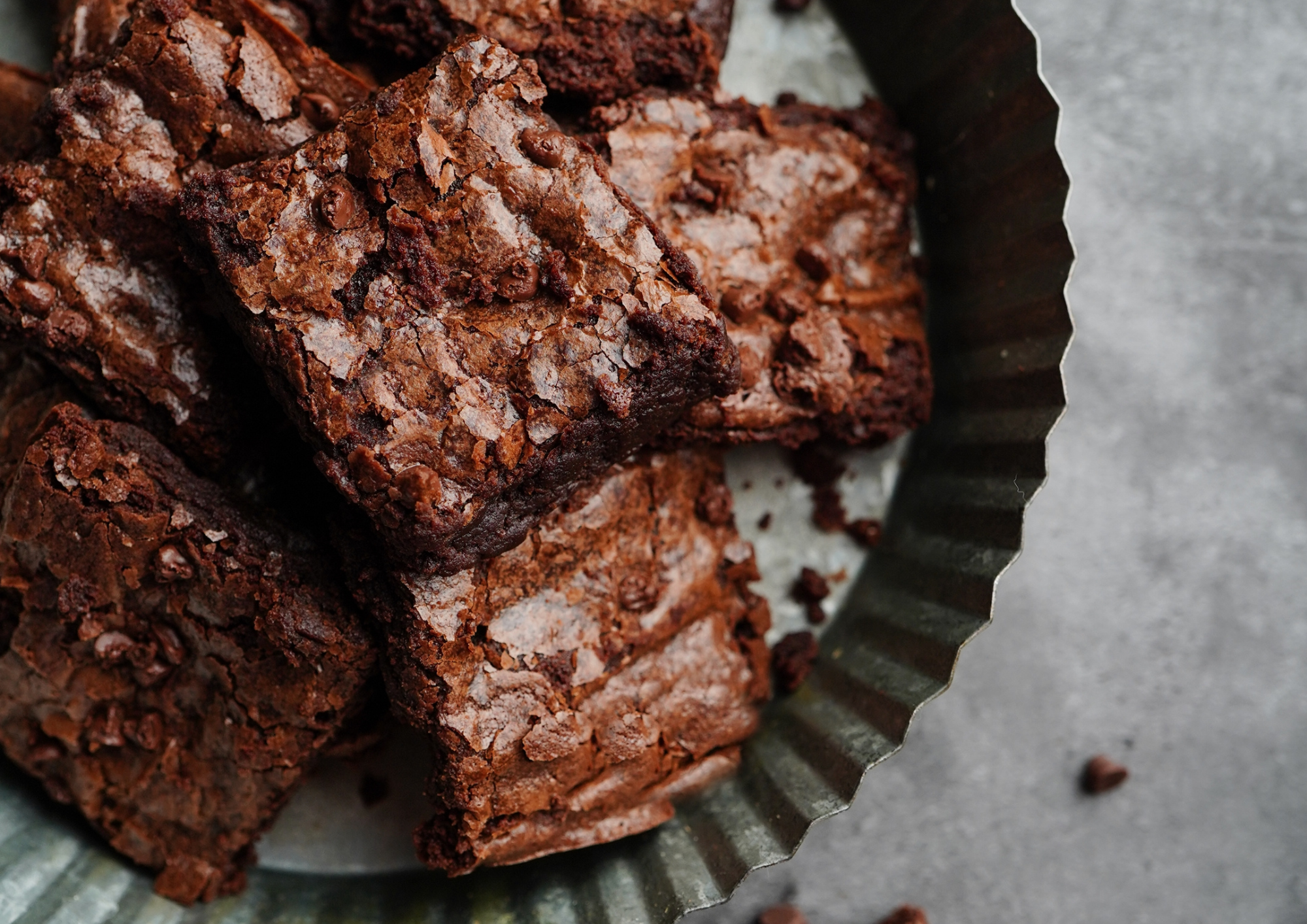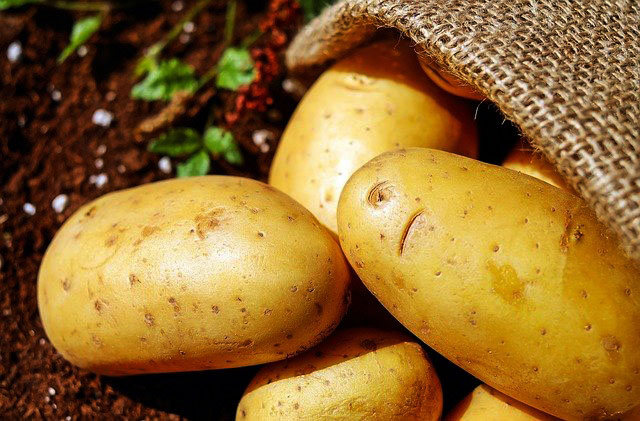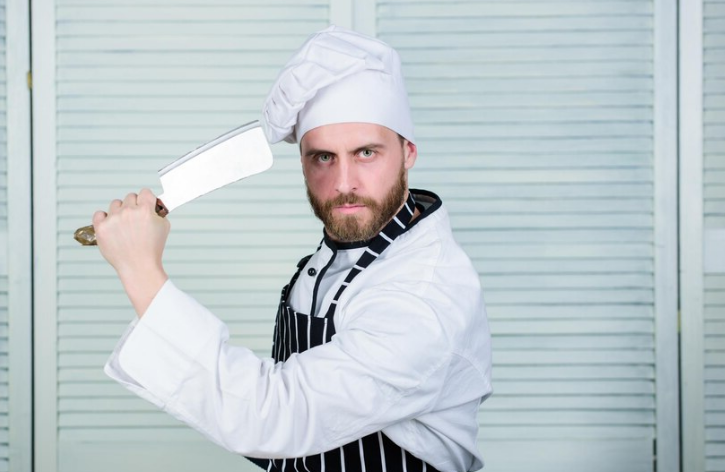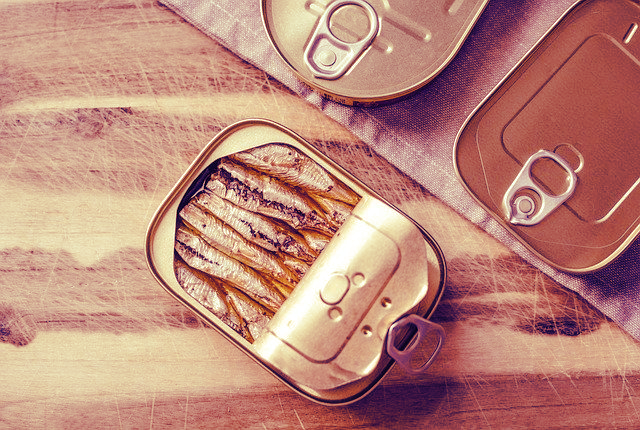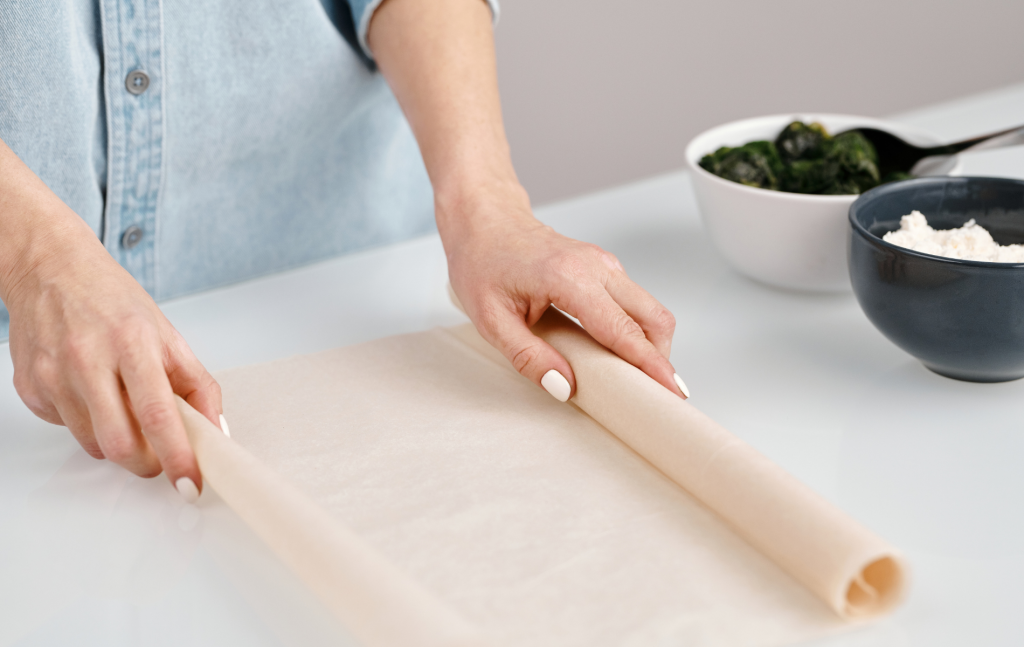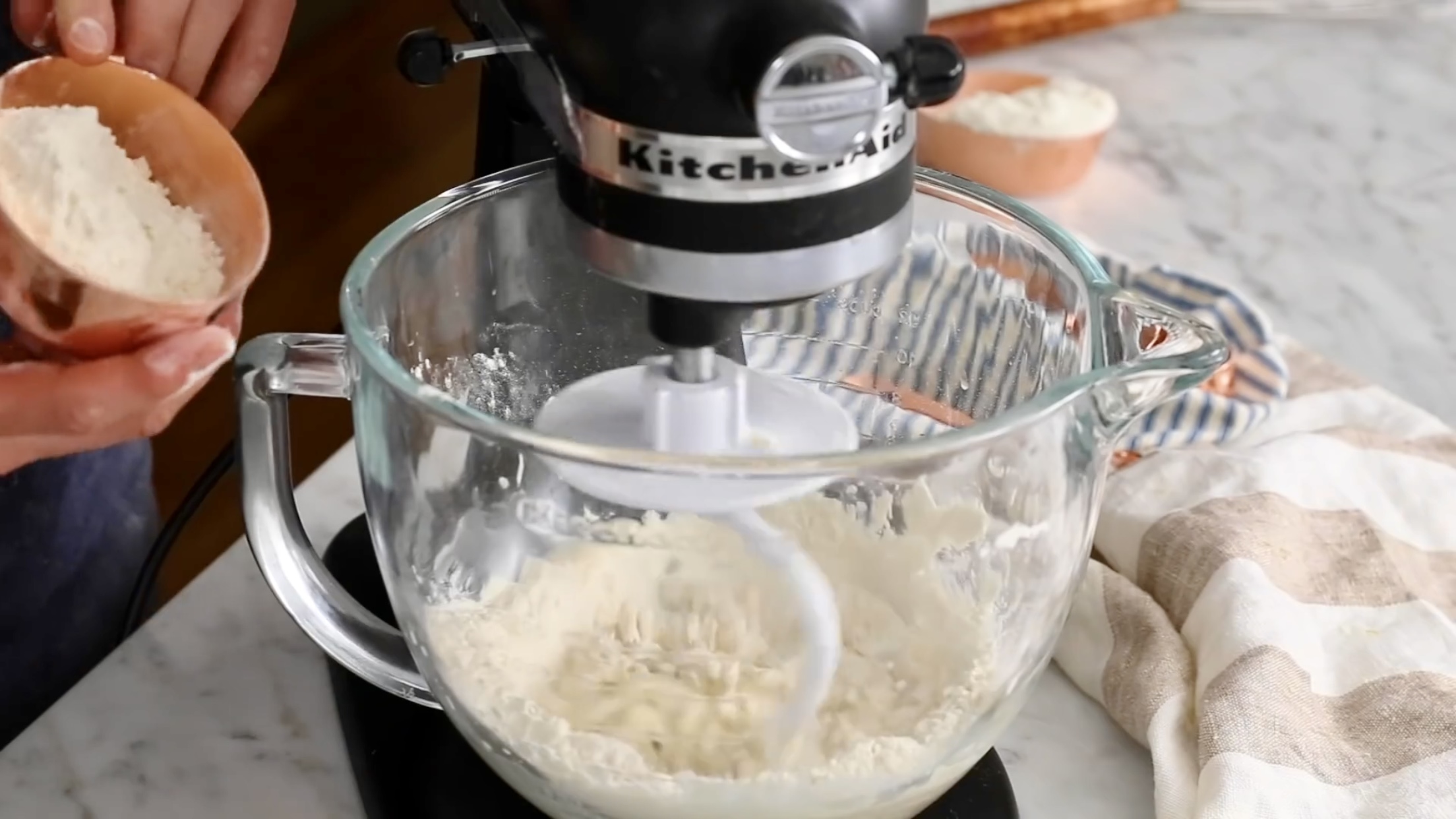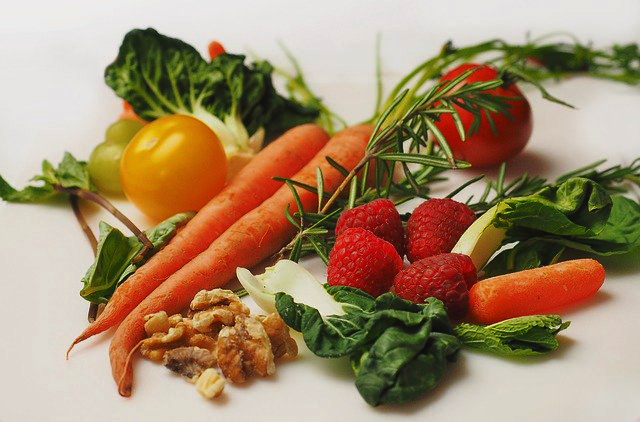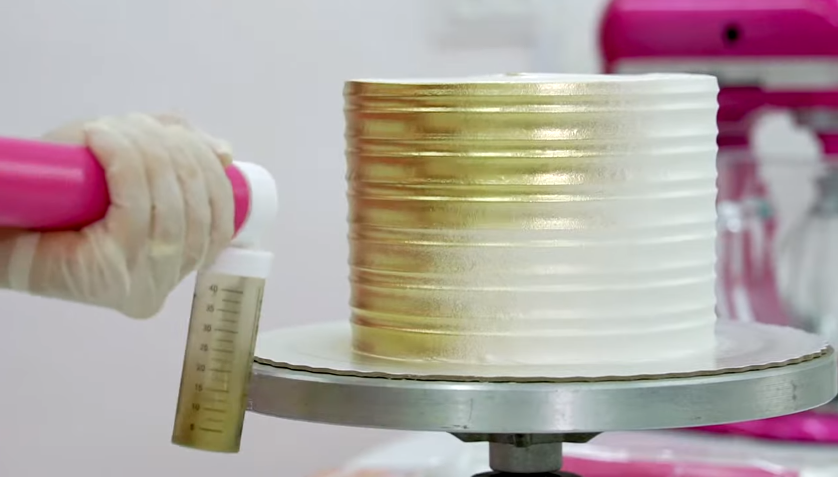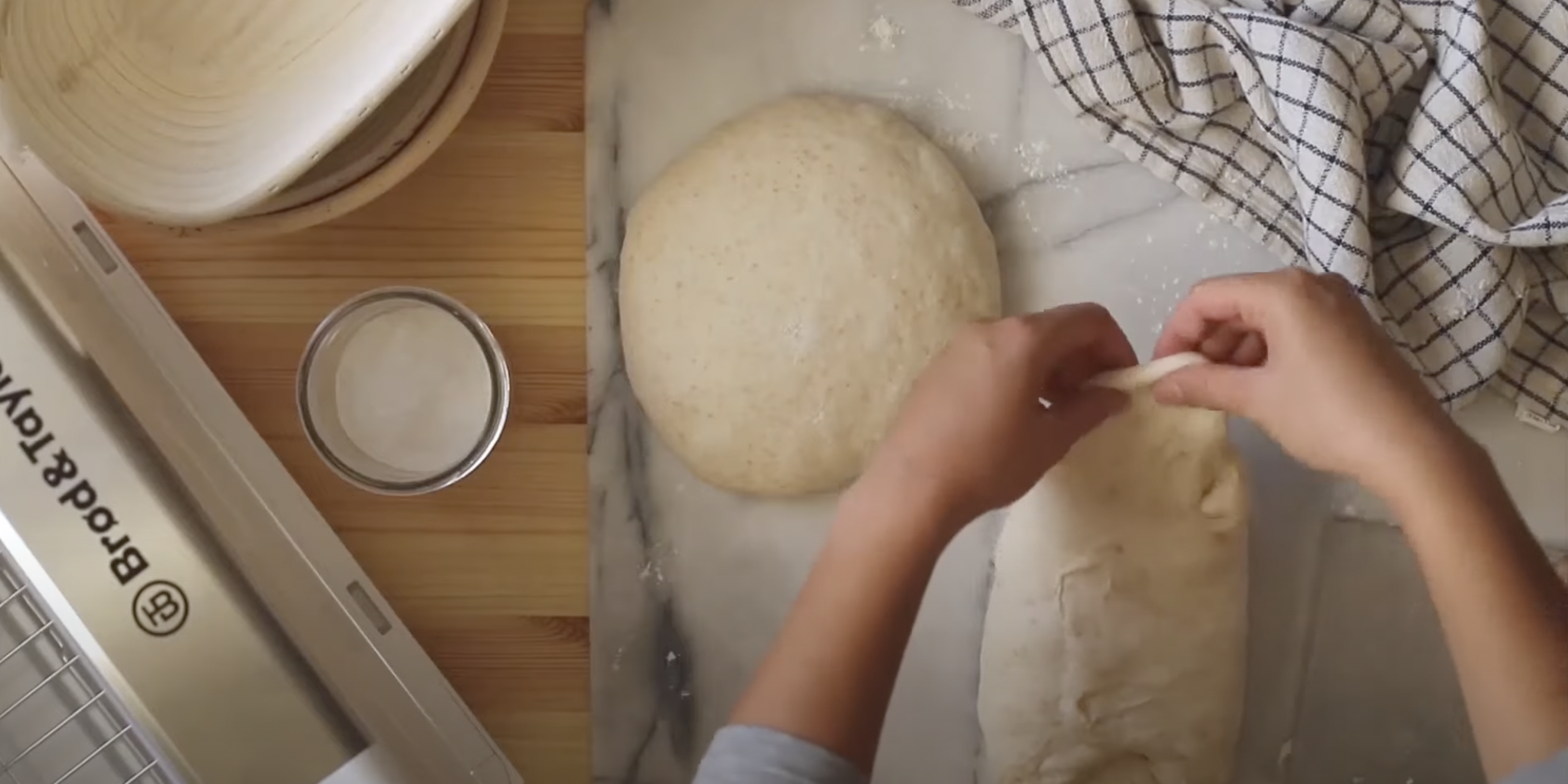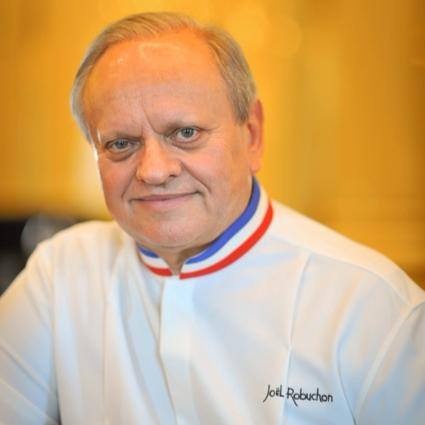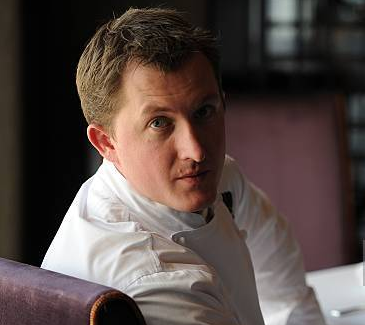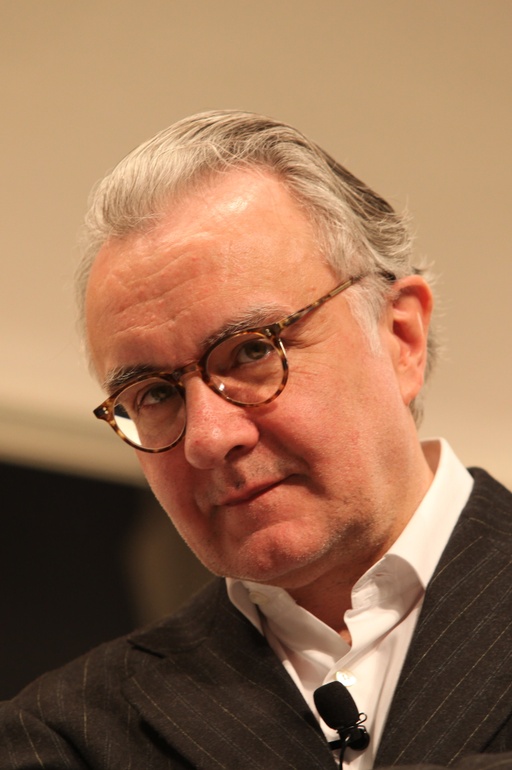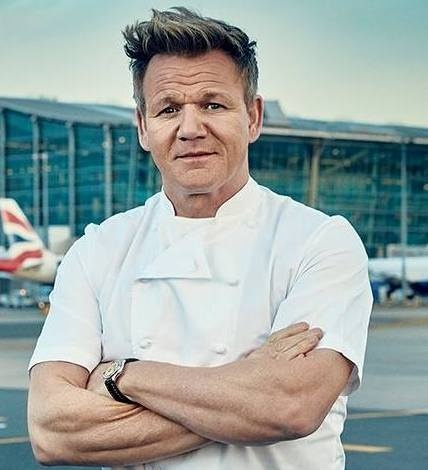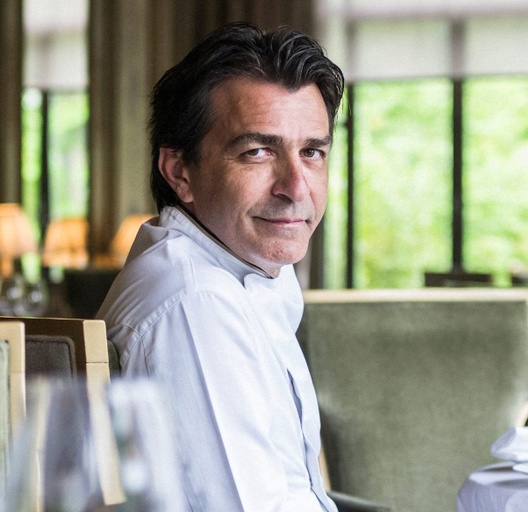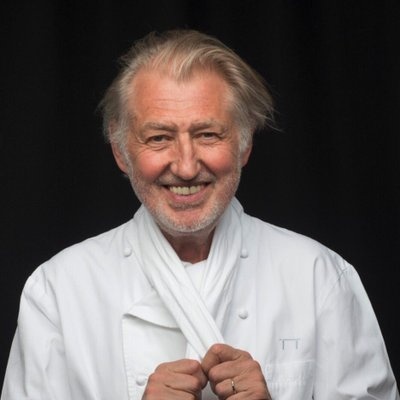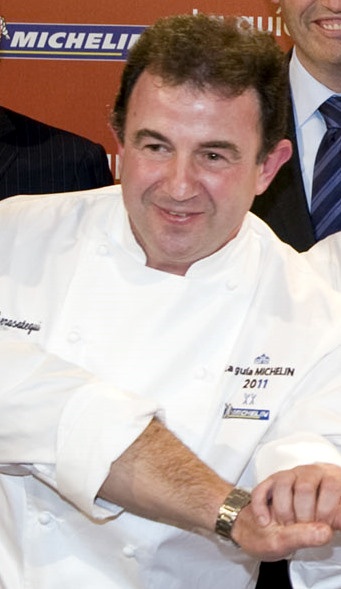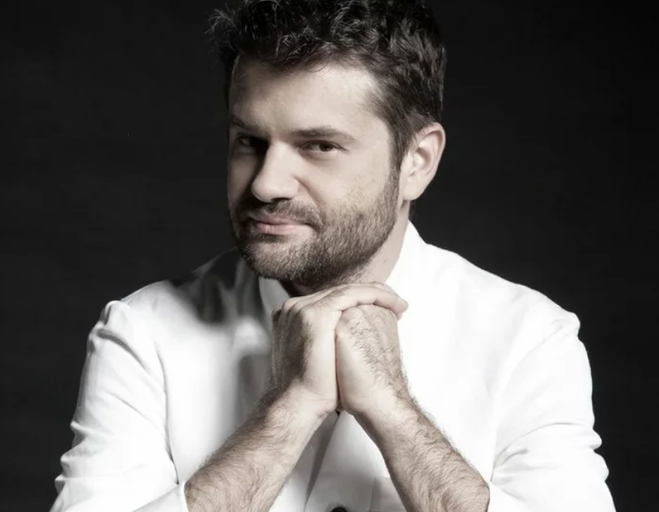Excellent question. There is no such thing.
In a panel discussion on science and cooking at Madrid Fusion in 2009, Harold McGee explained how the term came into being. In the early 1990s a bunch of scientists and a few cooks started holding biennial meetings at the Ettore Majorana Foundation and Centre For Scientific Culture in Erice, on the island of Sicily in Italy, inspired by Elizabeth Cawdry Thomas and organized by Hungarian physicist Nicholas Kurti, French chemist Hervé This, and McGee. The original title for the event was "Science and Gastronomy," McGee says. But this was clearly too plebian for the director of the Majorana foundation, Antonio Zichichi, who blessed the more upscale name "The International Workshop on Molecular and Physical Gastronomy."
Since then, McGee suggests, things have gotten a little out of hand. The author of On Food and Cooking, who is broadly known as a food scientist, but simply refers to himself as a food writer, says you get in trouble once you start speaking of molecules. "Molecular gastronomy is irrelevant in the kitchen. No one who is cooking is thinking about molecules."
Another speaker on the panel of chefs and writers said the association of the term molecular with gastronomy is too narrow and leaves out other relevant branches of science and learning, including biology, animal husbandry, and even aesthetics, which should be included when broadening our understanding of cooking.
Now, Hervé This, who has more then a little invested in the term molecular gastronomy (his Ph.D. in molecular gastronomy), was not on the panel, and might want to clarify his colleagues' assessments. Of course molecular gastronomy exists, he says, but it is science, not cooking, and the two should not be confused, nor should they be reversed. He says "Molecular gastronomy is a scientific discipline that was created in 1988 in the gap between food science (that cares mostly about the composition and properties of food ingredients) and the science of food processes (that studied primarily industrial processes)." Before that, there was nothing formal in place that considered the science involved in general cooking – the "soufflés, béarnaise, coq au vin, etc., that billions of people cook daily!"
He says the goal of molecular gastronomy today is threefold, to scientifically explore: 1. the social component of cooking; 2. the art component of cooking; and 3.the technical component of cooking, including definitions and culinary precisions.
So in the world of Hervé This, molecular gastronomy is a scientific process of study. He does not labor in a lonely ivory tower, though, as he has a unique relationship with a Michelin-three-star chef, Pierre Gagnaire, who often collaborates with This on the practical aspects of applying scientific research to cooking .
Beyond this, molecular gastronomy has gotten something of a bad name – often representing absolutely crazy mixtures of ingredients by overzealous cooks, messed up with scientific apparatus that was never meant to see the inside of a kitchen. It is from that perspective that we formulated our snippy, "There is no such thing" comment, and for which we humbly apologize.
In the hands of a master, blending creativity and a science can work wonders in the kitchen. We have eaten foods from Charlie Trotter that no one else could have convinced us to try (trout ice cream, anyone?) and that were delicious. Harold McGee describes some of Heston Blumenthal's dishes as "mind-blowing" (in the good way). And there are many other chefs who have used a bit of scientific knowledge to create wonderful dishes. But in the wrong hands – way too many chef's without a real sense of flavor, tradition, ingredients, and creativity – it is often a disaster.
In a generic sense, molecular gastronomy is a very narrow term that should be broadened to mean cooking science or the science of cooking. In a scientific sense, is means the application of science to the study of cooking. Beyond that, it has no useful meaning. In the sense of experimental cooking, is too often means the unbridled production of weird food, that only occasionally rises to the level of goodness, let alone greatness.
Back in Madrid, people on the panel tried to come up with a replacement for molecular gastronomy that better conveyed the broad sense of combining cooking with science. Spanish superstar chef Ferran Adria suggested "molecular cuisine" or "gastronomic science." Others suggested similarly lofty titles. In the end McGee simply suggested "gastronomy," which, he said, means the art and science of cooking.
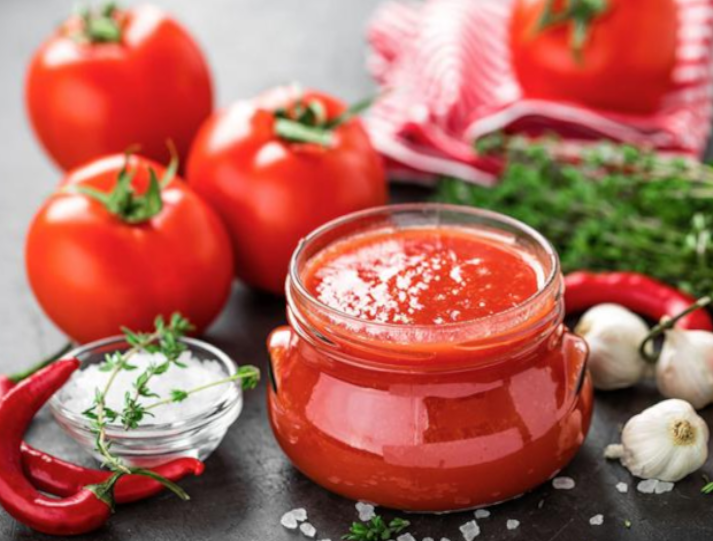
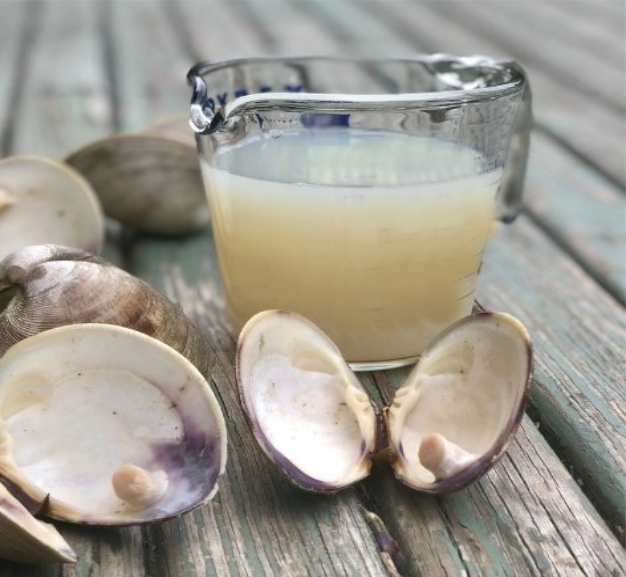
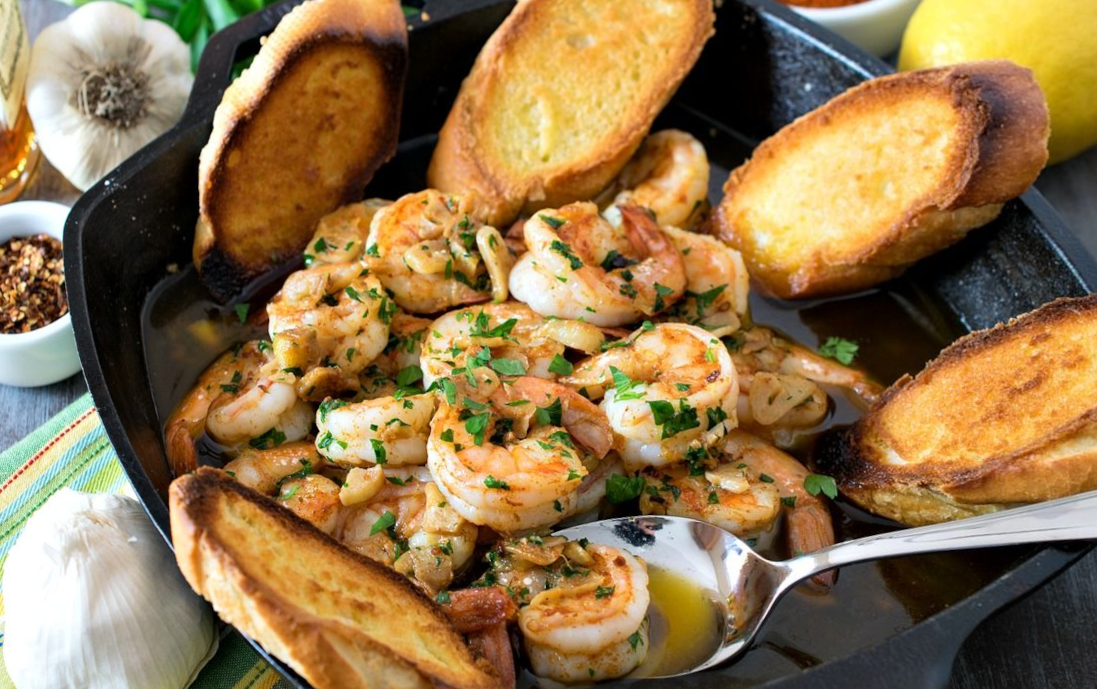

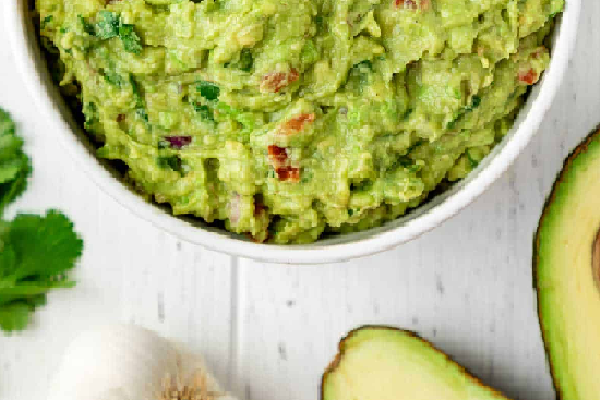
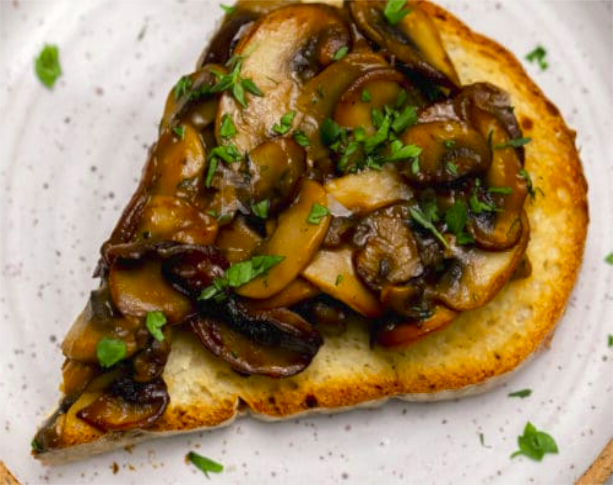
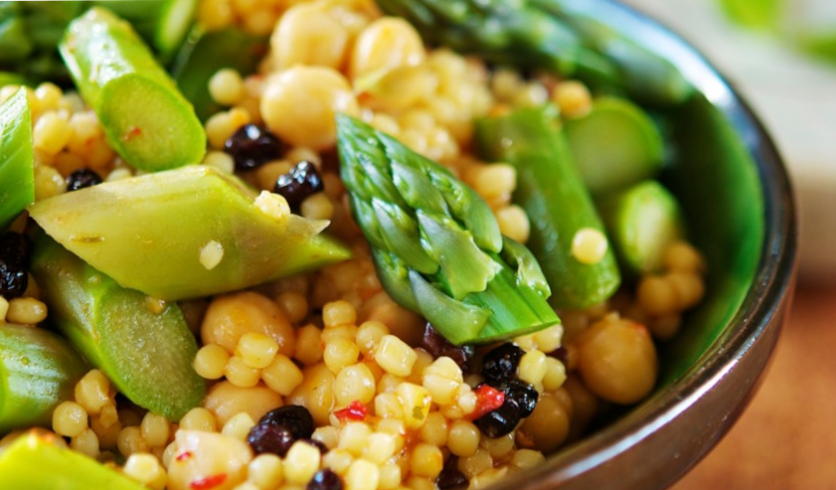
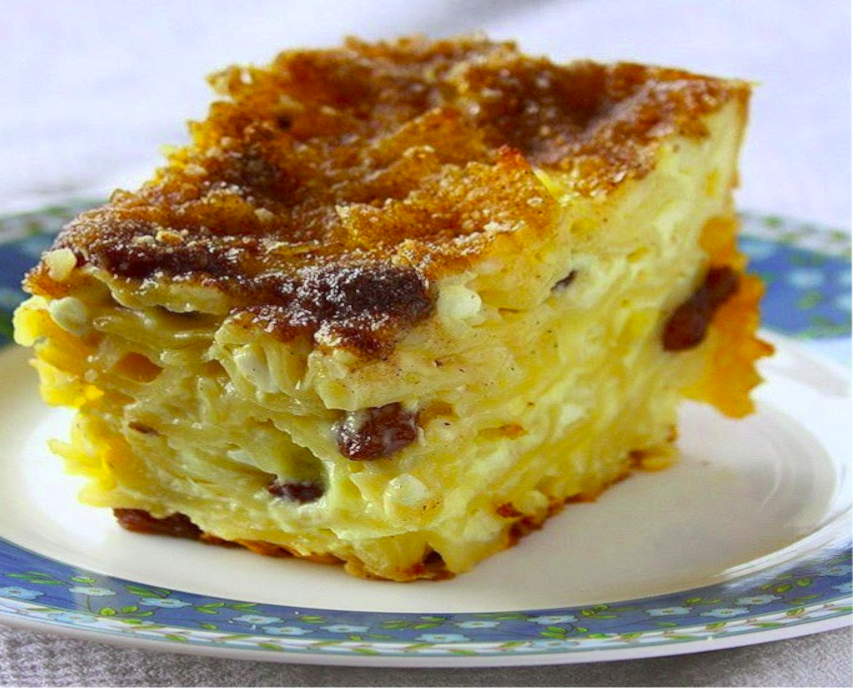
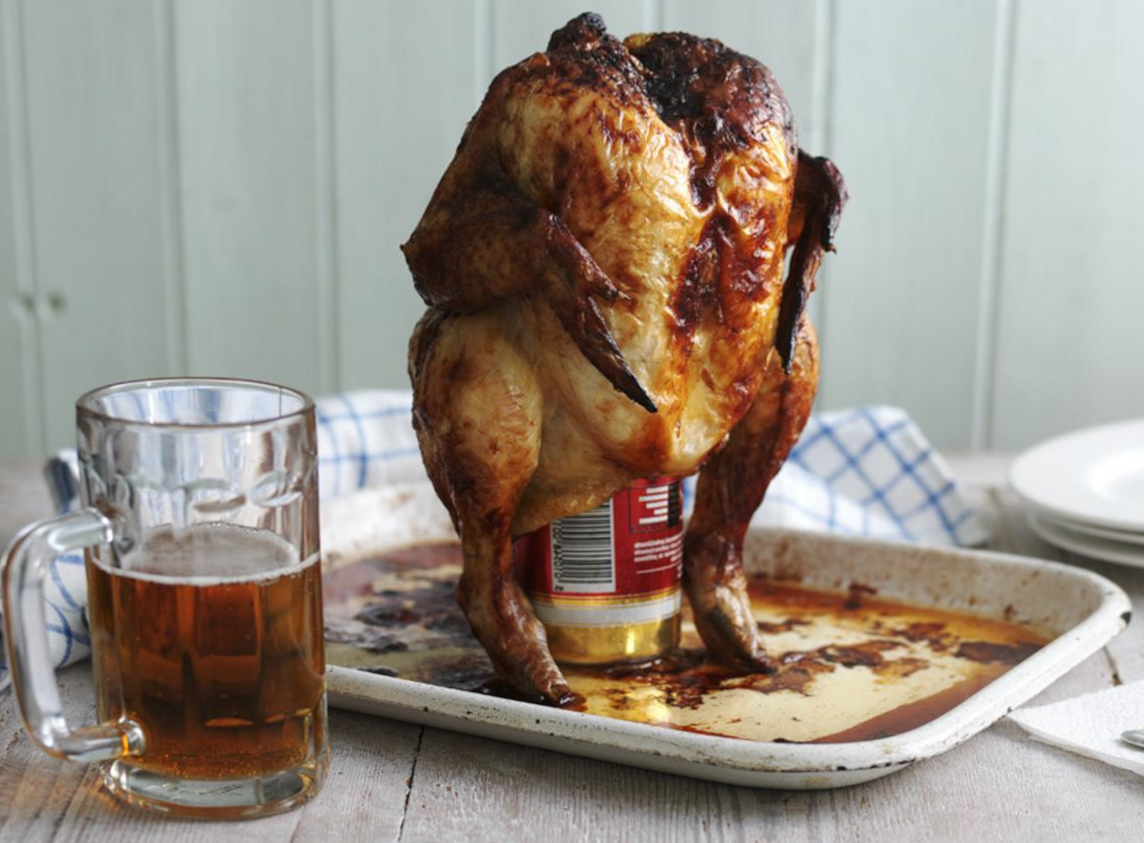

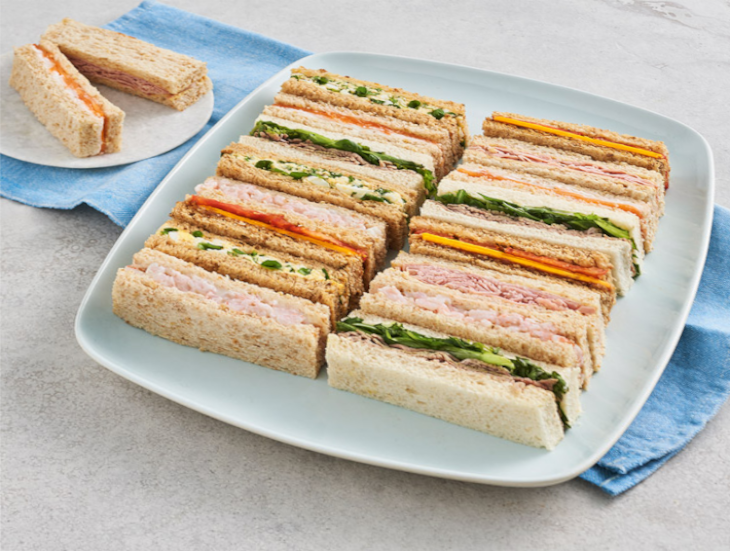



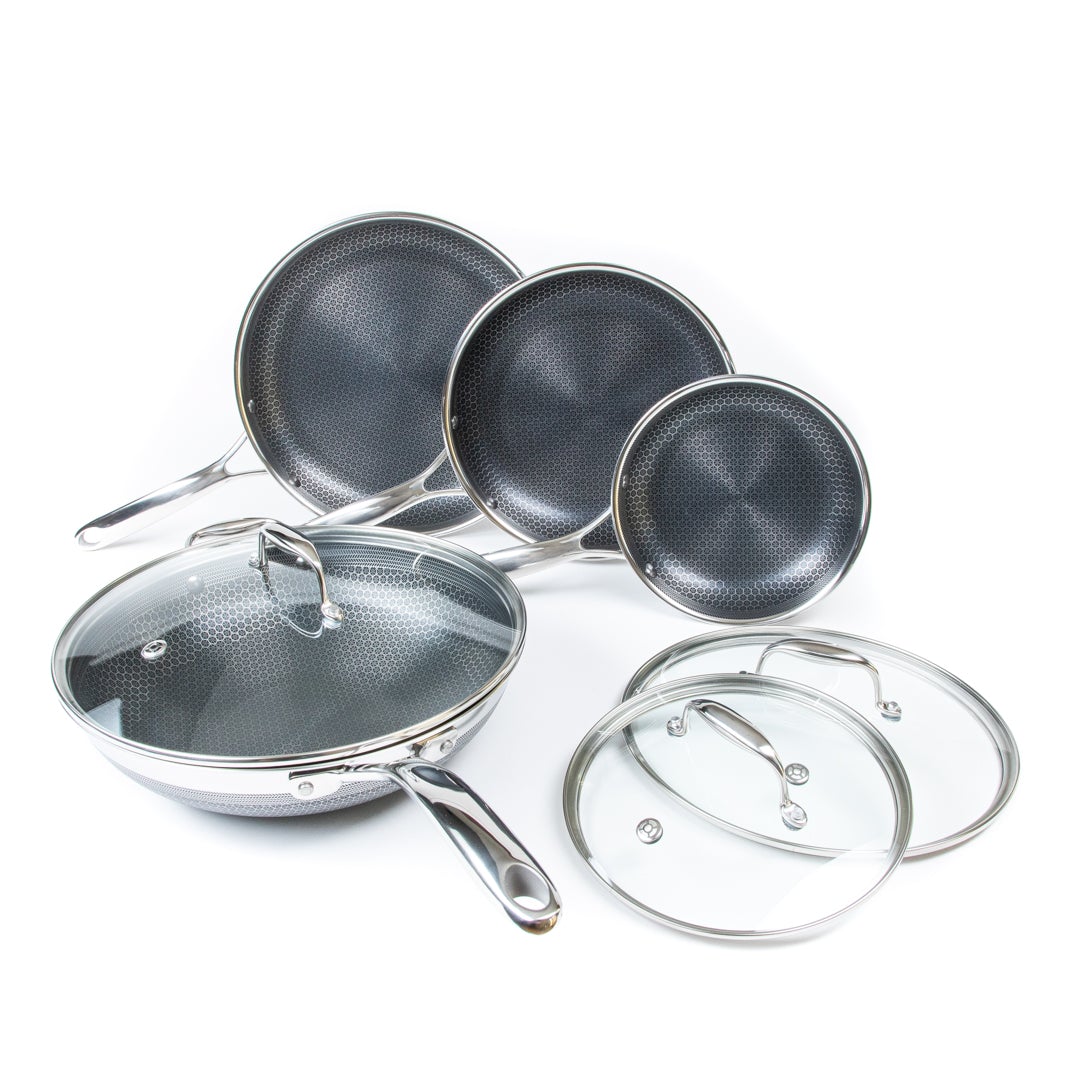
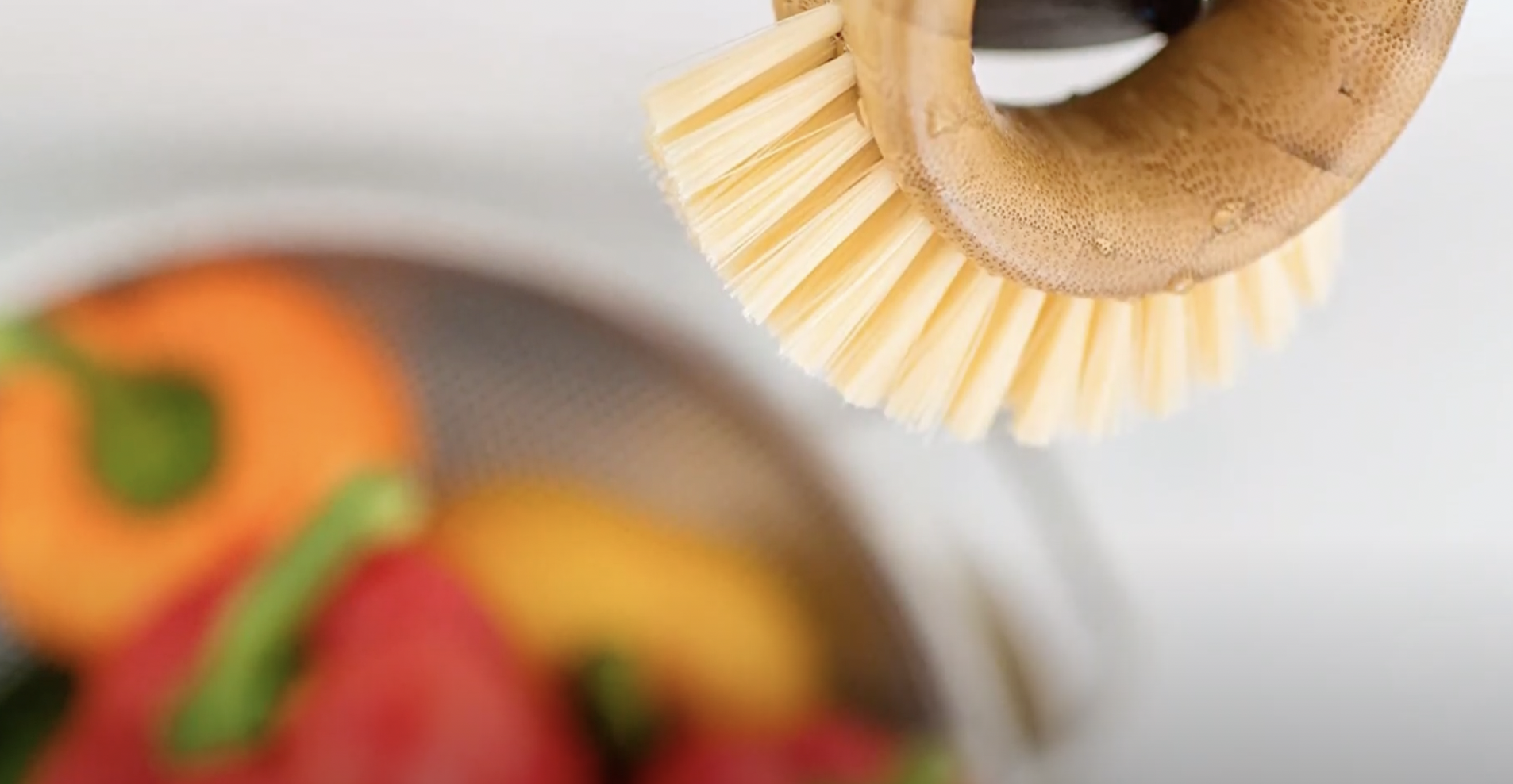
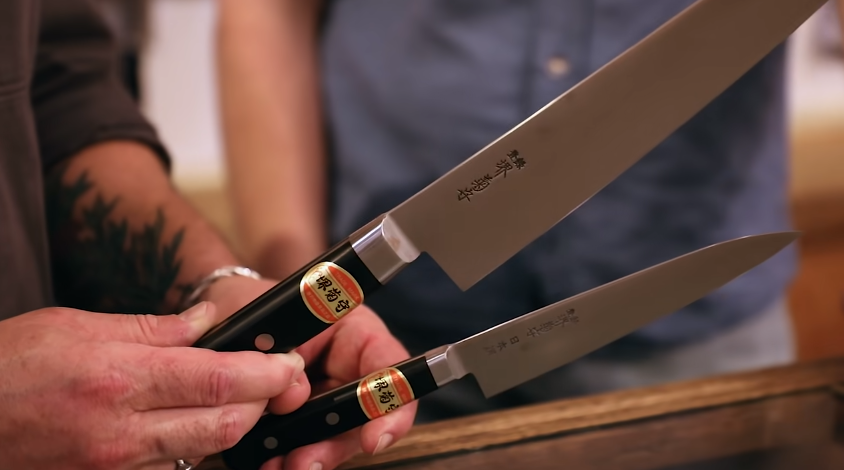
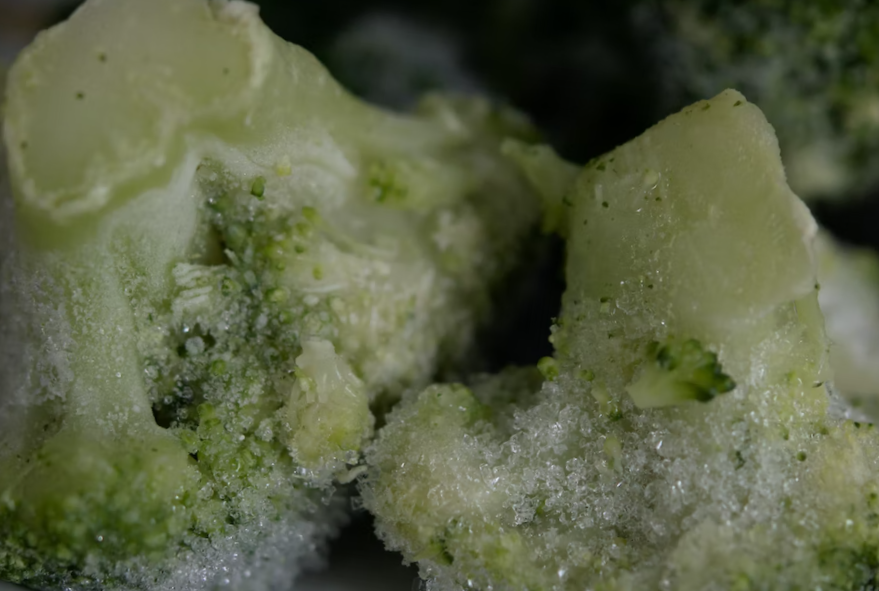

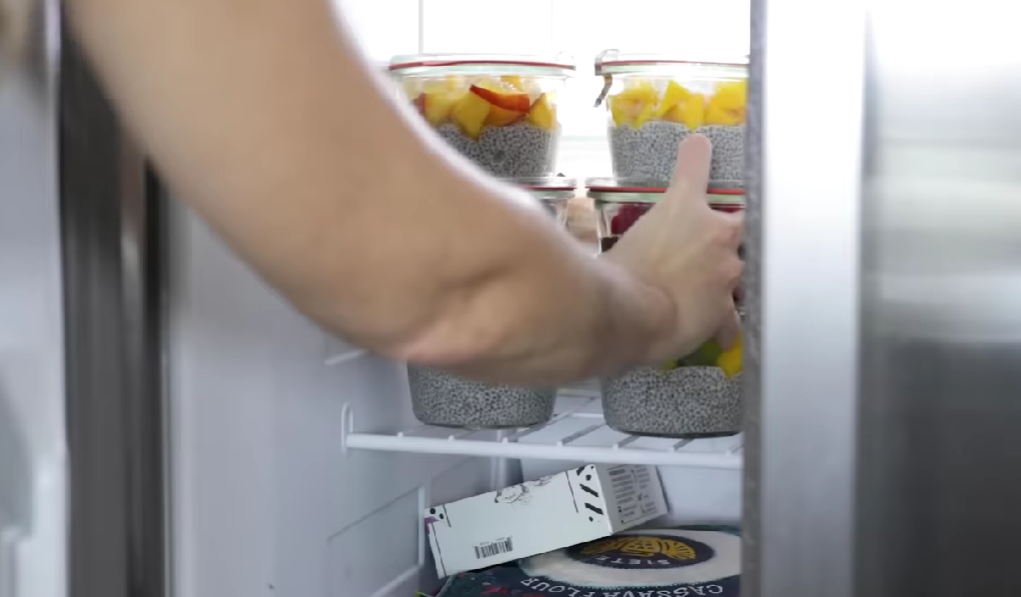
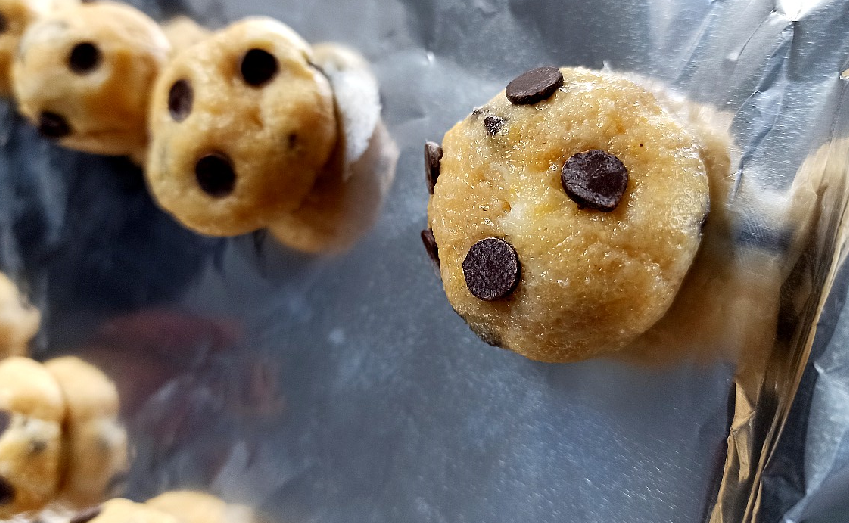
![Can you Cook Eggs in the Microwave? [Complete Guide]](/assets/images/c1f79d1cad59f18f9b5dc31403bd0eb2.png)
